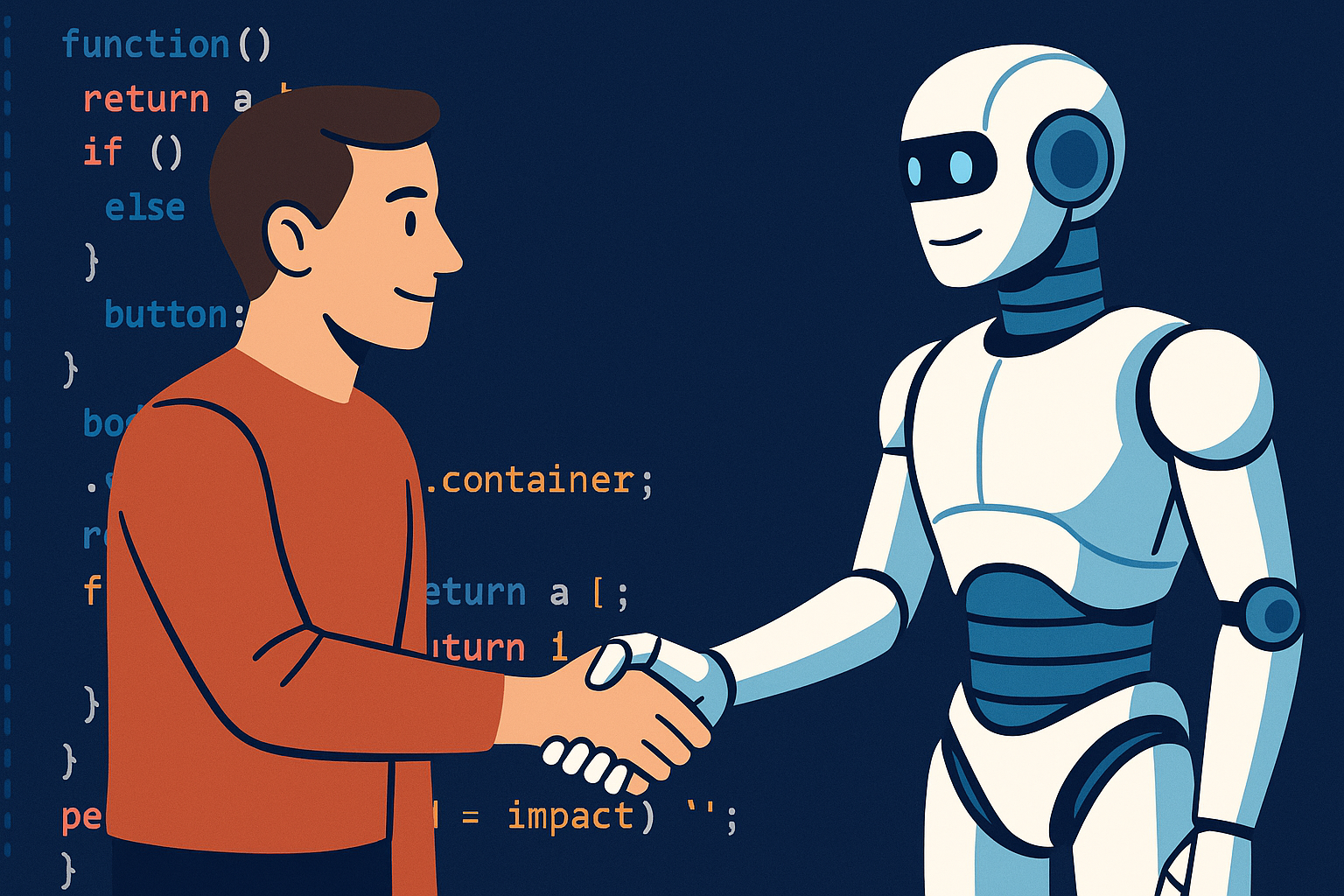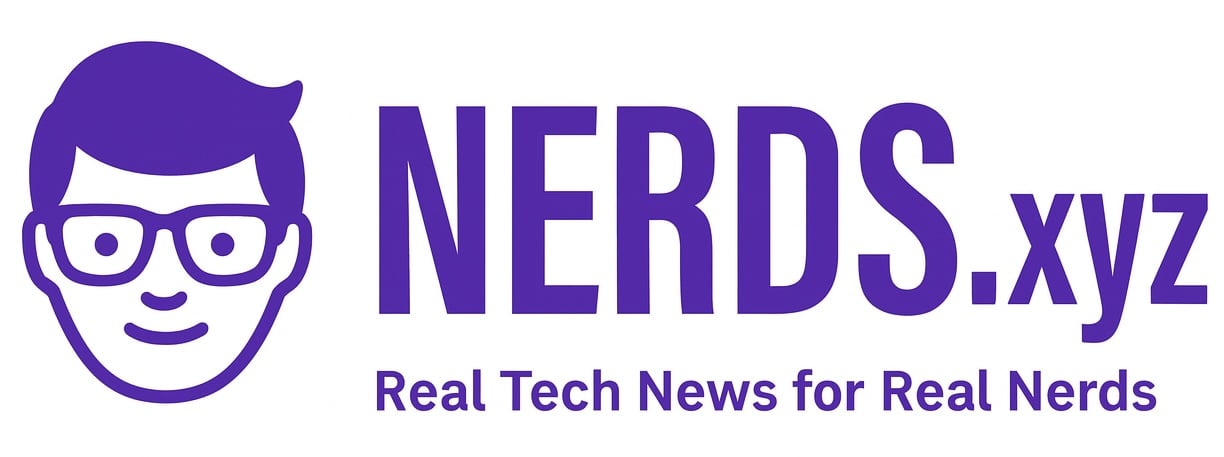
OpenAI has released GPT-5-Codex, a new version of its model built specifically for developers. It essentially makes Codex faster, smarter, and capable of handling everything from quick edits to complex projects that can run for hours.
Unlike standard GPT-5, this version was trained on real-world engineering tasks like debugging, refactoring, and building features from scratch. In testing, it worked independently for more than seven hours, fixing mistakes and delivering working code. Benchmarks also show it beats GPT-5 on code refactoring while providing better, higher-impact code reviews.
Codex also adapts its behavior depending on the complexity of the request. For small, straightforward tasks it delivers answers quickly. For larger challenges, it spends more time reasoning, iterating, and testing code until it produces a working solution. This balance makes it more useful in day-to-day development since it can act as both a quick helper and a long-haul teammate.
Code review is another area where GPT-5-Codex has improved. In evaluations against open-source commits, engineers found its comments were less likely to be wrong or irrelevant and more likely to surface problems that actually mattered. That means developers spend less time sifting through noise and more time fixing issues that could break builds or introduce bugs.
Codex is now available wherever developers work. It runs in terminals, IDEs such as VS Code, on the web, in GitHub, and even on mobile. The Codex CLI has been rebuilt to support images, progress tracking, and simpler approval modes. A new IDE extension lets developers move seamlessly between local and cloud work, while GitHub integration allows Codex to review pull requests automatically.
Performance in the cloud has also been tuned. OpenAI says caching containers has cut task completion times by 90 percent. Codex can now scan for setup scripts, configure environments automatically, and even fetch dependencies on its own when internet access is enabled. For front-end work, developers can upload screenshots or design specs, and Codex can spin up a browser to preview its own output before attaching results to a GitHub pull request.
Security has been a major focus. Codex runs in sandboxed environments with network access disabled by default, reducing risks from unsafe actions or malicious inputs. Developers can loosen restrictions if needed, but OpenAI suggests keeping Codex as an assistant rather than replacing human reviewers. Every change is paired with logs, citations, and test results so developers can double-check its work before merging code.
Real companies are already relying on Codex. At Cisco Meraki, for instance, engineers offloaded large refactors and test generation to Codex while focusing on higher-priority work. Duolingo has also integrated it into its workflows, using the tool to accelerate updates and keep projects on schedule. Early adopters say it saves time without adding extra risk.
The tool is included with ChatGPT Plus, Pro, Business, Edu, and Enterprise plans, with usage limits depending on the subscription. Pro and Enterprise customers can push it hardest, with shared credits available at the enterprise level. API access for GPT-5-Codex is coming soon.
For developers, the shift is clear, folks. Codex is no longer just a clever autocomplete… it’s becoming a legit partner that can review code, fix bugs, and carry out work on its own. OpenAI isn’t pitching it as a replacement for human engineers, but as a second set of eyes that can keep projects moving faster and catch problems earlier.
With GPT-5-Codex, ChatGPT takes another step toward being a tool developers can depend on. Whether it’s cleaning up a pull request, refactoring thousands of lines, or just helping finish off a late-night coding session, Codex is starting to look less like a demo and more like a serious piece of the development workflow.

